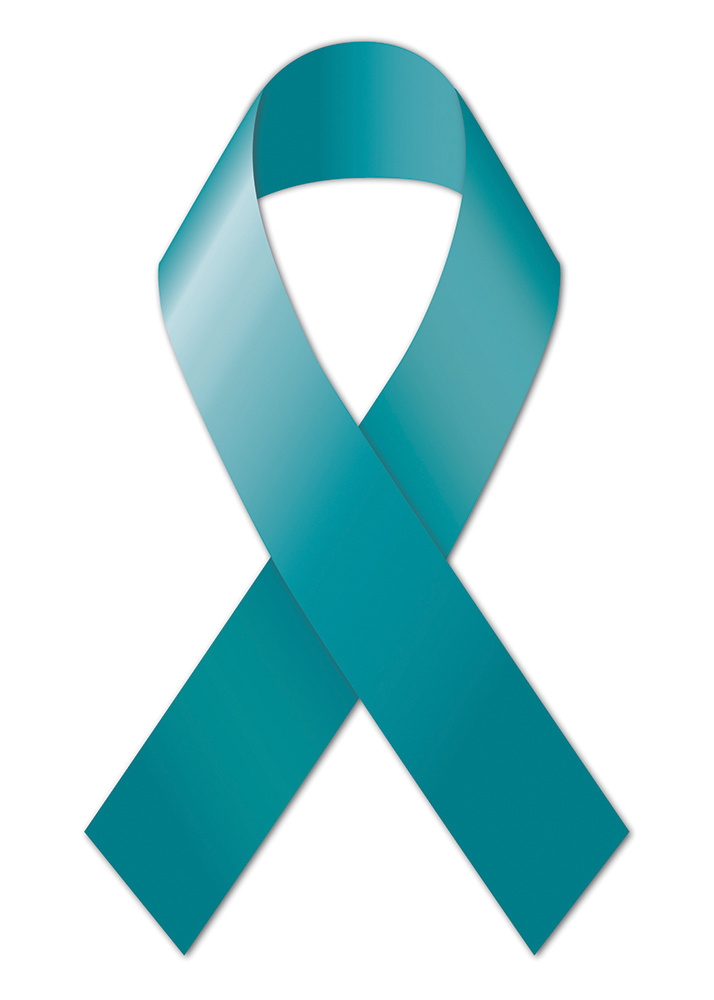Updated: May 7 at 5:06 P.M.
This story is part three of a four-part series about sexual assault on and off Biola’s campus. Part one was published on April 22, 2015 and part two was published on April 29, 2015.
While Biola takes steps toward helping students report sexual assaults, its efforts in spreading awareness lag behind its counterparts.
Biola did not observe Sexual Assault Awareness Month in April — or in the past three years. Student Development staff Matthew Hooper, Katie Powell and Sandy Hough acknowledged that there have been no campus-wide events in support of Sexual Assault Awareness Month or the White House’s “It’s On Us” campaign promoting bystander intervention.
The last time Biola participated in the national campaign for Sexual Assault Awareness Month was in April 2012, when they hosted an awareness week called “Give Voice.”
“That awareness week, during that [Sexual Assault Awareness] month was on shame and guilt. So we weren’t addressing the issues, but we were addressing the issues that keep people from reporting these issues,” said Matthew Hooper, the Associate Dean of Students.
A WORTHY CRITIQUE
Since then, there have been twelve reports of on-campus and off-campus sexual harassment, battery and assault, with two in March.
“I think it’s a worthy critique that…ought there to be something every year, even during the month, where we are in some way reminding everyone that this is important?” Hooper said.
When Biola alumni and administrative coordinator for the Communication Studies Department Sarah Schwartz spoke at an AfterDark chapel last September, sharing her story of supporting her fellow student and friend through the trauma of a sexual assault, she was taken aback by the number of women who approached her later, asking for help and advice.
“I think honestly, that speaks to how isolated survivors feel. That the closest thing they have of someone to confide in is some random girl that they saw in a chapel once,” Schwartz said.
Kristin Phelps, the director of the student health center, felt confident students knew she and her staff were a safe place to receive help and care. She mentioned that in earlier years, students were often too ashamed admit to being sexually active in order to be tested for HIV or other sexually transmitted diseases. Phelps believes that attitude is slowly going away.
“I think they feel more supported…I think they feel free and safe here to be tested, they know it’s confidential,” said Phelps.
EXISTING SILENCE
Next year, the awareness weeks will fall under the purview of the Student Programming and Activities. Derek Gutierrez, the assistant director of student programming and activities, said that he hopes the awareness week will rid the campus of common myths about rape and sexual assault.
“I think these issues surrounding sexual assault on our campus have only grown larger because of the silence that has existed. And I can’t speak to why no department or program has stepped up, I think smaller conversations have happened, so we’d be remiss to say that no one has done anything,” Gutierrez said.
A sexual assault awareness week will not take place until April 2016. In the past, the sexual assault awareness week was not on a rotation schedule to reoccur at a regular interval, Gutierrez said. As plans for awareness weeks proceed, the sexual assault awareness campaign will operate on a two-year rotation.
“I am a proponent of the fact that awareness is the first step toward solving an issue. So, before resources can be created, before survivors can come forward with their stories, people need to be made aware of these kinds of conversations and develop that space in their own hearts and minds to allow those kinds of things to exist,” Gutierrez said.
NEED OF IMPROVED EFFORTS
Hooper acknowledged that the university’s efforts could be improved.
“I think this is an issue that we need to think, “Are we doing the best that we can possibly do so that students are informed like they need to be informed?”…I think the burden is on student development to be training and educating in such a way that’s clear to students,” said Hooper.
Assistant Dean of Residence Life, Sandy Hough, is also instrumental in the creation of a website and a Women’s Resource Center modeled after one at Azusa Pacific that will provide a localized center for resources and aftercare for sexual assault survivors this upcoming school year.
“We want to help…we never want students walking around thinking this is not a safe place to share what’s going on,” Hough said.
One of the benefits of a resource center specifically for women students is the ability to more adequately respond to campus needs for awareness events and victim aftercare. The staff of the Women’s Resource Center at Saint Mary’s College of California scheduled five different awareness events for April alone.
A RESPONSIBILITY TO DEAL WITH IT BETTER
The center will also screen “The Hunting Ground,” a documentary that harshly criticizes the way universities across the country handle reports and prosecution of sexual assault.
“As an administration, we are able to own that we aren’t perfect. We try very hard to do the best by our students and hope that it really helps them,” said Gillian Cutshaw, the coordinator of sexual assault awareness, outreach and education at Saint Mary’s center.
For Schwartz, promises of a Women’s Resource Center and developing plans for a long-awaited awareness week is the best she can hope for the girls who approach her and ask for a listening ear and a ride to the Biola Counseling Center.
“I think that we [at Biola] have a responsibility to deal with this better than the world, but unfortunately we deal with it a lot worse,” Schwartz said.







